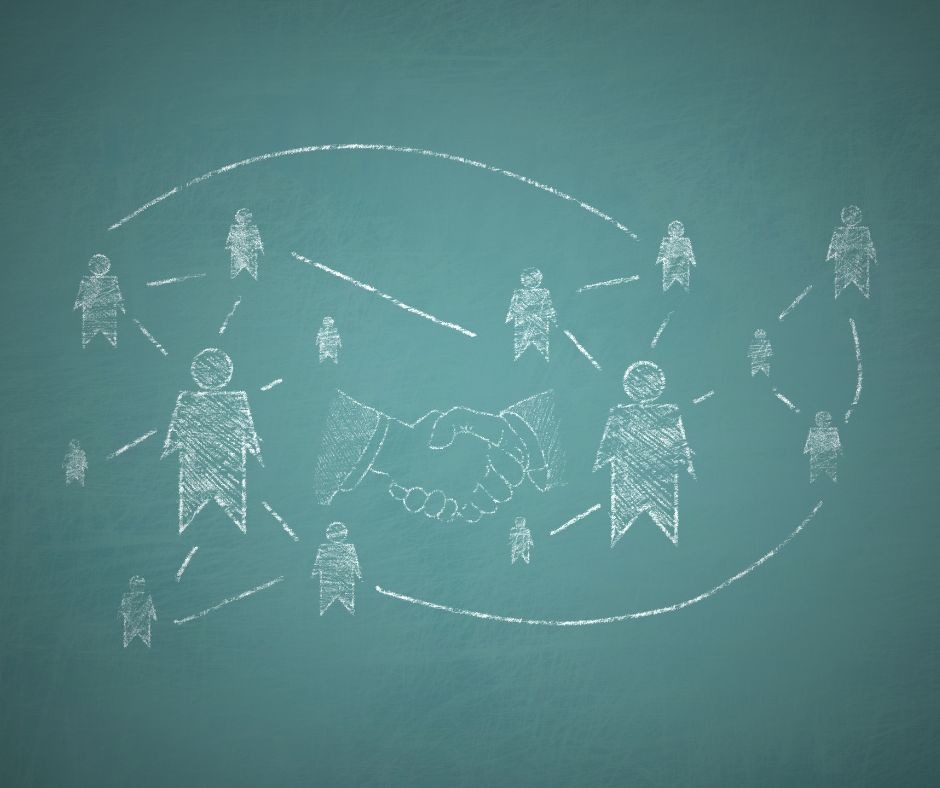Game theory suggests that all human behavior or strategy can be divided into finite and infinite games. In business and in life, everyone is consciously or unconsciously playing. A finite game is played with the goal of winning, while an infinite game is played with the goal of continuing to play. A finite game has a specific set of players, clearly defined rules, a definite start and end time, and must have a winner. An infinite game, on the other hand, has an undefined number of players, no winners, no time limits, and no defined rules.
How does this theory apply to procurement and why is it important to know when to play which game? These are the questions we will answer in this blog. If you know how to apply game theory in the right circumstances, you can gain a lot from it.
What is Game Theory?
Game theory is a field of mathematics and economics that studies interactions between different actors (players) in situations where the decisions of one player affect the outcomes of others. The main goal of game theory is to analyze players’ decisions to optimize their outcomes. It is important to know when to play which game and understand the difference between finite and infinite games.
A finite game, for example, is any sport or game like “Ludo.” In a finite game, there are predefined rules, specified players, and in the end, we get a winner. The goal in a finite game is always to defeat someone else and be the best.
An infinite game is when you enjoy the journey, the process of playing the game itself, rather than the end goal. This can be compared to what philosophers do. They find beauty in thinking and debating, debating just for the sake of it. When they reach a conclusion, it’s over, and the game ends. The goal of an infinite game is to continuously be better than yourself, essentially defeating yourself.
When you play an infinite game, there can be many finite games within it. A career, for example, is an infinite game; no one aims to defeat someone else. The goal was to win the job interview, and then the career starts, consisting of many small finite games where you continuously improve yourself. The moment the game turns into defeating someone else, it becomes finite.
This theory seems simply applicable, but that is not always the case. Like any theory, it’s simple in theory, but when we try to apply it in practice, there are many factors we can’t influence, so we must adapt. One example of such a situation is when two parties are playing different games, one playing an infinite game and the other a finite one. For example, you play to keep playing, and the other party plays to win. A real example of this is war – the aggressor has a strategy, a clear number of soldiers, goals, playing to conquer, while the attacked side – they play to survive.
Procurement as a Game
Procurement can be a good example of a situation where game theory is applied. Generally, in business, companies often compete for the same resources, such as raw materials, components, or services. Decisions we make as buyers can significantly impact our company and our supplier.
How does game theory look in procurement, and when is a finite or infinite game used? A finite game is played when procuring certain products where the focus is on getting the product as quickly as possible at the lowest price, and the relationship with the supplier is not important. For example, you receive a request from your superior to procure a certain product or service within a specified time and budget. In this situation, you don’t care who the supplier is; you are focused on what you need to procure. You negotiate with those suppliers to beat them and lower the price as much as possible. On the other hand, if you play an infinite game, it means you are working with suppliers on strategic negotiations and long-term relationships. So, your goal is not to defeat them because if you do and lower their price, they will be dissatisfied. Your goal is for both you and the supplier to be satisfied at the end of the negotiations. You see the supplier as someone you will work with strategically on long-term projects. The goal is not to win but to grow and advance together throughout the cooperation process.
Crisis Situations as the Best Indicator of Which Game Pays Off
Who played a finite game and who played an infinite game in procurement was best shown during the pandemic years when a period of global crisis prevailed. It was extremely difficult to procure and deliver certain products.
With suppliers you played the infinite game with and built relationships – you had no problems. On the other hand, those suppliers you saw as a finite game saw you the same way. When you called them and requested something, they refused you because they had other buyers they played the infinite game with, who were a priority in that crisis situation.
Which Game to Play?
So, if we recognize that our “teammate” on the other side is playing a finite game and wants to defeat us, we also change our strategy because we then also want to win. We have our resources on one side and their resources on the other, and we fight. Someone will win, and after that, the game ends, and we part ways. Therefore, it is clear that the goal should be an infinite game on both sides.
As with any game, there are strategies for when to go into one game or another, and when you thoroughly study all the models, you become aware of what someone else is doing. We all play these games consciously or unconsciously because we all want to be the best and win; it is in human nature. But we must be better than ourselves, not others. Next time you have negotiations and work on strategies, consider whether you are playing a finite or infinite game. Are you playing to be better than others, or are you playing to grow together with your suppliers and other collaborators?



